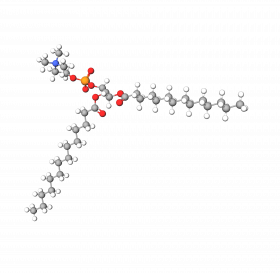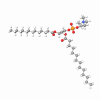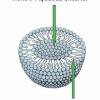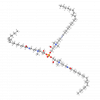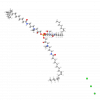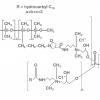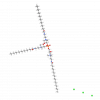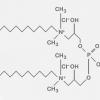Hydrogenated Lecithin is a derivative of lecithin obtained from soy with a high content of phosphatidylcholine phospholipid. Phosphatidylcholine provides emulsifying properties and a mild action that is especially important for sensitive skin.
Compared with natural lecithins (soy- and egg-yolk-derived), hydrogenated is more stable against oxidation and doesn't lose its properties for a long time. Thanks to structural similarities with skin lipids, it promotes percutaneous absorption of actives ingredients, enhancing the effectiveness entire formula.
Hydrogenated Lecithin is a multifunctional ingredient in skin and hair care applications. Thanks to phospholipids, it replenishes the lipid barrier, improving moisture retention, reducing skin irritation, and eliminating "stinging" reactions caused by other ingredients in the formula.
Hydrogenated Lecithin is actively used in advanced active ingredient delivery systems like liposomes, which serve as a lipophilic envelope or unstable actives and improve adsorption and penetration through the skin's lipid barrier. Besides liposomes, it also forms micelles used in modern cleansing applications.Protecting corneocytes structure, Hydrogenated Lecithin protects skin from aggressive detergents like Sodium Lauryl Sulfate (SLS) and precludes allergens penetration from the outer layer, preventing irritation, inflammation, and allergic reactions. In addition, it replenishes and strengthens cell membranes, preventing inflammatory cytokine release after UV exposure, reactive radicals impact, or other harmful influences. It also enhances the anti-inflammatory effect of other ingredients like Stearyl Glycyrrhetinate, exhibiting excellent properties for modern skincare applications.
